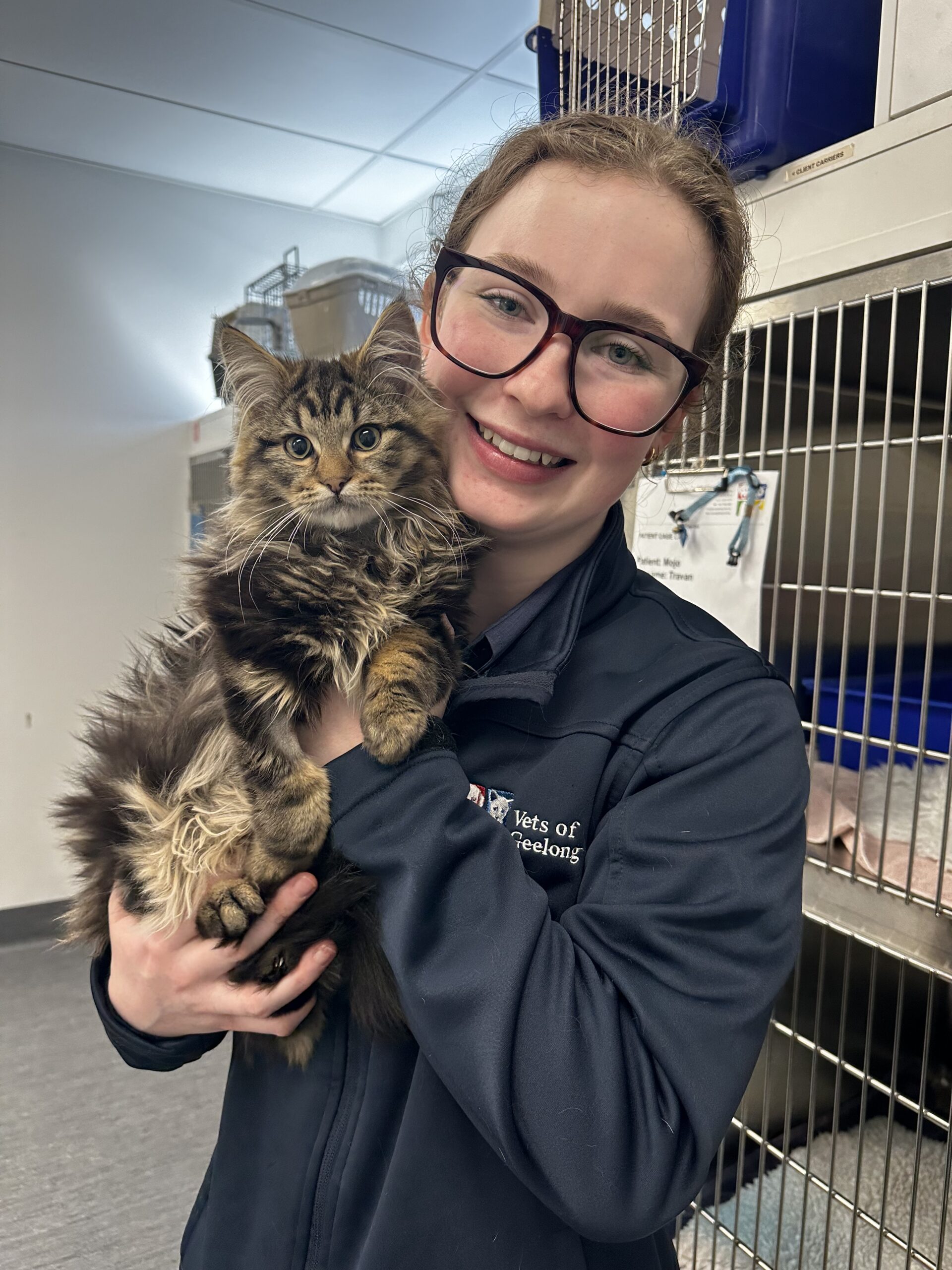Unwanted pregnancies in cats are exactly that – unwanted – and often end up with the kittens being taken to shelters or simply abandoned. With so many strays and abandoned animals that are unable to find homes each year, it is sometimes inevitable that they are euthanised, which is a great loss when you realise this is a completely preventable problem.
It is acceptable to neuter or spay a cat at any age, but obviously, the younger they are when they have the operation the less chance of producing an unwanted litter. What age you can desex a cat depends on the circumstances, but most owned cats will be neutered, and there are programs like TNR (Trap-Neuter-Release) for managing feral populations in certain areas. Many people have never experienced a female cat in heat, which can be quite disconcerting at times as they yowl noisily and roll around arching their backs, trying to attract the attention of any males. Entire males will fight and urine spray to mark their territory and often cause a nuisance in the neighbourhood, especially if there is a female around in heat.
The Best Age to Get a Cat Spayed
Spaying is the name given to desexing a female cat. Female cats are also known as queens, and some can enter their first heat as early as four months of age. Cats are known to be seasonally polyestrous, which means they have multiple cycles during the breeding season, which here in the southern hemisphere is from around September to March (though exact timings vary depending on temperature, daylight hours and the presence of other cats). A cat’s heat cycle can last anywhere from 1 to 21 days, and if a queen isn’t mated during that time she will go out of heat for a short period and return to heat in one to three weeks. As pregnancy in cats lasts around 65 days, and the average litter size is four to six kittens (although there can be as many as nine), an awful lot of unwanted kittens can be born throughout the year.
Traditionally cats were desexed at around 6 months of age, but recent research suggests that early neutering is generally safe and beneficial to cats, and some vets now recommend spaying them before they become sexually mature, at about four months of age, to ensure no unexpected pregnancies occur. Spaying cats greatly reduces the risk of certain cancers developing like uterine and ovarian cancer, which ultimately leads to a healthier, happier and longer life for your female feline.
What Age Is Best to Neuter a Male Cat?
With any feline furry, it is always best to consult with your veterinarian before deciding what the best age is to spay or neuter a cat, as all animals are individual, and their health and well-being will vary. Neutering cats is considered a routine operation but still requires a general anaesthetic, so your cat needs to be fit and healthy. Desexing cats before they reach sexual maturity can help prevent anti-social behaviours like spraying and wandering and will also reduce the risk of prostatic diseases and testicular cancers.
Entire male cats are prone to fighting because they are generally more aggressive. They are territorial and will fight for mating rights and dominance within a social hierarchy, especially when they meet other male cats within their area. They may also pick fights with females to show their dominance and can spread infectious diseases like FIV (feline immunodeficiency virus) among the cat population. Abscesses from bite wounds are also very common and often require lancing and a course of antibiotics.
Having your cat castrated before he reaches adulthood will reduce his urge to roam and fight. It will not only give you peace of mind but will give your cat a longer and happier life too!
At Vets of Geelong, we provide expert cat desexing in Geelong, ensuring a safe and stress-free procedure for your feline friend. Our experienced team prioritises your cat’s health and comfort, helping to prevent unwanted litters and reduce the risk of health and behavioural issues. Book a consultation today to discuss the best time for your cat’s surgery.
